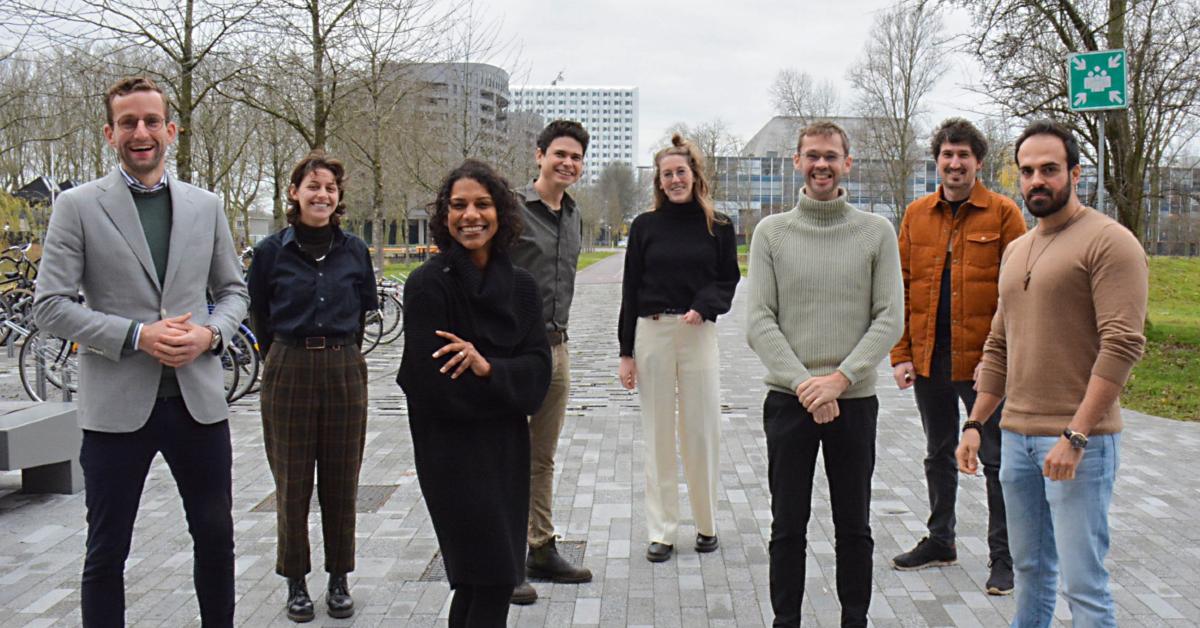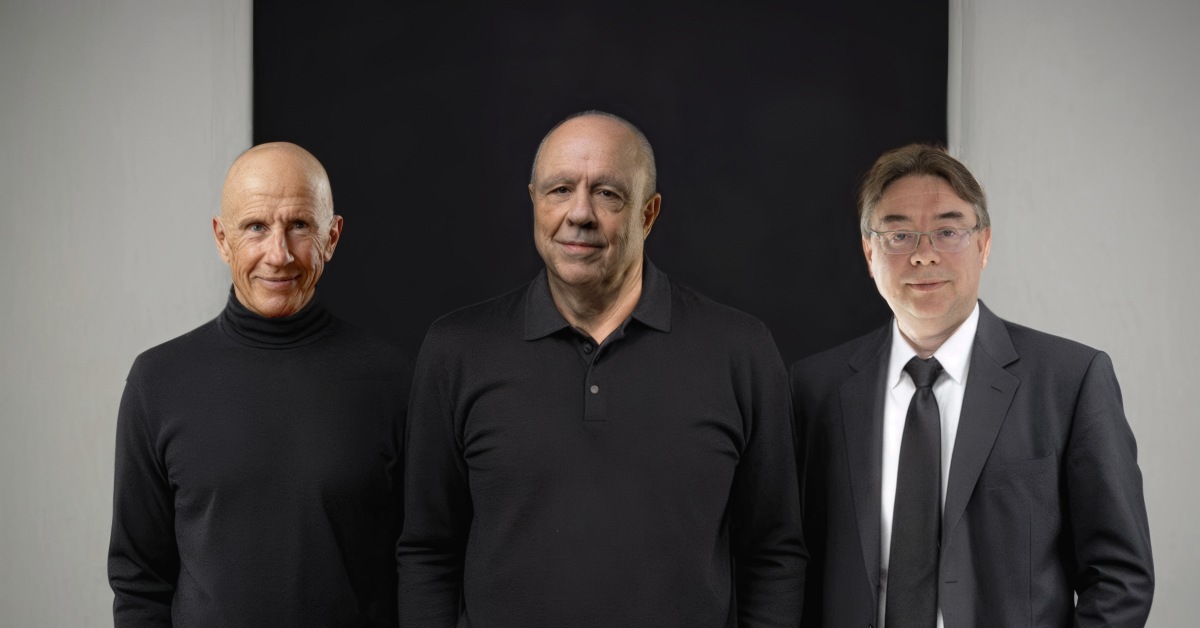Netherlands-based QuiX Quantum, a startup working on photonic quantum processors, announced on Monday, September 26, that it has won a €14M contract from the German Aerospace Center (DLR) to deliver Universal Quantum Computers.
According to a statement, QuiX Quantum will deliver 8- and 64-qubit fully Universal Quantum Computers based on photonics, integrating the existing technologies from their processors with sources, detectors, and feedforward to create a modular Photonic Quantum Computer.
This represents the first commercial sale of Universal Quantum Computers based on light. The customised development for the DLR will be carried out in a joint 4-year project in the framework of the DLR Quantum Computing Initiative.
The development follows Quix Quantum’s recent fundraising of €5.5M in a Seed round from PhotonDelta, FORWARD.one, and Oost NL.
“Igniting a quantum revolution”
QuiX Quantum was founded in 2019 by Dr Hans van den Vlekkert, a veteran of the photonics industry and serial entrepreneur, Dr Jelmer Renema, an expert in quantum photonics, and a team of professors from the University of Twente.
The company focuses on the development of quantum computing using integrated photonics. QuiX’s goal is to disrupt quantum computing with its “high-tech”, scalable, future-proof, plug-and-play integrated photonic solutions.
Due to a record-breaking 12 and 20 Qumode power, QuiX Quantum’s processors are already the ‘de facto’ norm for photonic quantum computing in the UK, France, Germany, and Hungary.
What are Qumodes? Qubits, which are equivalent to computer processor speed, indicate the calculating speed of a quantum computer. Qumodes are qubits’ optical counterparts. The quantity of light lost while travelling through the processor determines its quality – the less loss, the better. QuiX Quantum says it has successfully created a processor with the most qumodes and the lowest optical losses.
Photonics is the transmission of information using photons (light). In order to produce smaller, quicker, and energy-efficient devices, photonic chips, also known as photonic integrated circuits (PICs), integrate photonic functionality into microchips. Compared to their electronic counterparts, PICs are more efficient in processing and transmitting data. As a result, PICs are now recognised as the ideal technology for quantum computing.
Also, most of the components of a photonic quantum computer can operate at room temperature – a major step forward in reducing their cost and size.
QuiX has plans to introduce a whole system of photonic quantum computers based on its 20 qumode processors as well as a 50 qumode processor of a new generation in early 2023. The quantum machine becomes a supercomputer when it has 50 Qumodes instead of 20 as opposed to a laptop.
Funds to deliver a 64-qubit Quantum Computer
DLR has received funds from the German Federal Ministry for Economic Affairs and Climate Action (BMWK) to build German quantum computers and create a supporting economic environment. Industry, research institutions, and startups will be involved in the initiative under the leadership of DLR.
QuiX Quantum’s recently appointed CEO, Dr Stefan Hengesbach, says, “QuiX Quantum has already proven the functionality of its integrated quantum photonics and is successfully supplying Quantum Photonic Processors to customers throughout Europe. One of the things we expect from the cooperation with DLR is a systematic investigation and demonstration of the potential fields of application, especially in the numerous disciplines of DLR.”
Post-quantum cryptography, quantum machine learning, planning optimisation for satellite operations, and simulation of chemical redox processes for the development of battery systems are some of the issues that the DLR has discovered. The topics that are being discussed have a history of industrial applications as well. DLR says it has a strong need for the future usage of quantum computers in all of its focus areas, including aviation, space, energy, transportation, security, and digitisation.
Dr Robert Axmann, head of the DLR Quantum Computing Initiative, says, “With QuiX Quantum, we are integrating another company into our quantum computing initiative by commissioning it to develop the technology field, here specifically for photonic quantum computing. In our innovation centre in Ulm, another player in the quantum computing ecosystem will thus advance this technology with us.”










01
From telecom veteran to Dutch Startup Visa success: The Jignesh Dave story